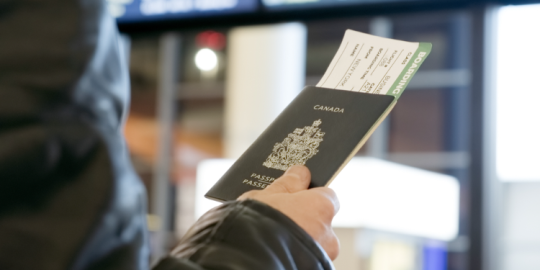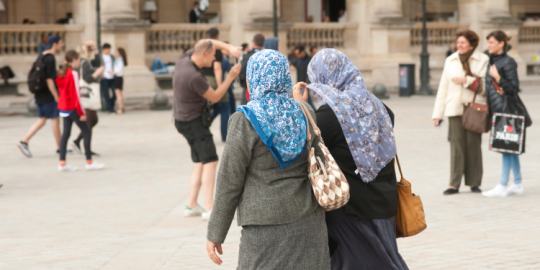After keeping Covid-19 away with its strict measures for almost two years, Hong Kong authorities have been unable to control an outbreak driven by the Omicron variant. The number of infected people is such that there are not enough drivers for the city's buses and subways. The restrictions are extended, and the uncertainty among expats about a total closure increases.
Current situation
The latest closure, announced by the local government on Wednesday, March 16, covers public beaches. And amid the increase in infections along with isolation regulations, dozens of stores have temporarily closed for not having enough employees after their workers tested positive.
Hong Kong leader Carrie Lam extended Covid-19 measures in which gatherings of more than two people are banned. Most venues are shut—including schools—and masks are compulsory everywhere, even when exercising outdoors. Jasper, an American expat living in Hong Kong, who didn't want to provide a last name, mentioned that although the country has “a 100% mask compliance, it has the highest Covid-19 death rate in the world.”
Economy impact and expats
The economy has been seriously impacted together with workers, especially expats, as some multinational companies have relocated out of Hong Kong. In contrast, others have temporarily posted senior executives elsewhere amid the uncertainty. Restaurants, for example, are surviving with new limitations on selling takeout, when home deliveries after 6:00 pm have been suspended again. Hair salons were recently allowed to reopen, but gyms and bars were ordered to close in January and would not reopen until at least after mid-April.
Chris Oliver, a freelance journalist from U.S. freelance in Hong Kong, comments that expats are desperate to leave. “China just locked down the neighbouring city to Hong Kong. This means the locals and expats rush to get to the airport just heated up.” These endemic travel restrictions and tightening of criteria for businesses looking to hire lead expats to consider Singapore. Singapore's expat numbers are having a boost from Hong Kong's exodus. Mak Sin Chang, a Singaporean who has lived in Hong Kong for eight years, said in France 24 that he would consider leaving if he got a job elsewhere. "Now we all live in darkness, guided by the blind," he said.
Expats get more perks as domestic workers lose their homes. Maria, from the Philippines, told her story to CNN as she was just about to start a new job as a domestic worker in Hong Kong last month when she found out she had Covid-19. She immediately told her employer, who urged her to get to a hospital. But once she was there, she said she had been turned away, with staffers explaining there was no room. They advised her to go home and be quarantined. The issue is that her place of work was her home and "my employer didn't want me to come back," said Maria, noting that they had "kids in the house." She told CNN: 'I don't know where I can go. We don't have a place,'". She asked not to publish her real name for fear of reprisals from current or future employers and to not worry her family abroad.
Singapore visa changes
As the exodus of expatriates from Hong Kong gathers pace, Singapore tightens its visa process. The government recently set up difficulties on visa rules for white-collar workers. It raised the minimum salary requirements and introduced a points system similar to what's used in the UK and Canada. Although the changes came in two weeks, they won't be able to be put into practice before next year. By then, new applicants will need to accumulate a certain score across a range of criteria that includes educational qualifications and skills, as well as salary relative to comparable locals (the higher, the better). Companies willing to hire expat must have found truly exceptional talent and be able to pay more. Another important assessment is whether an applicant's nationality contributes to company diversity.
















